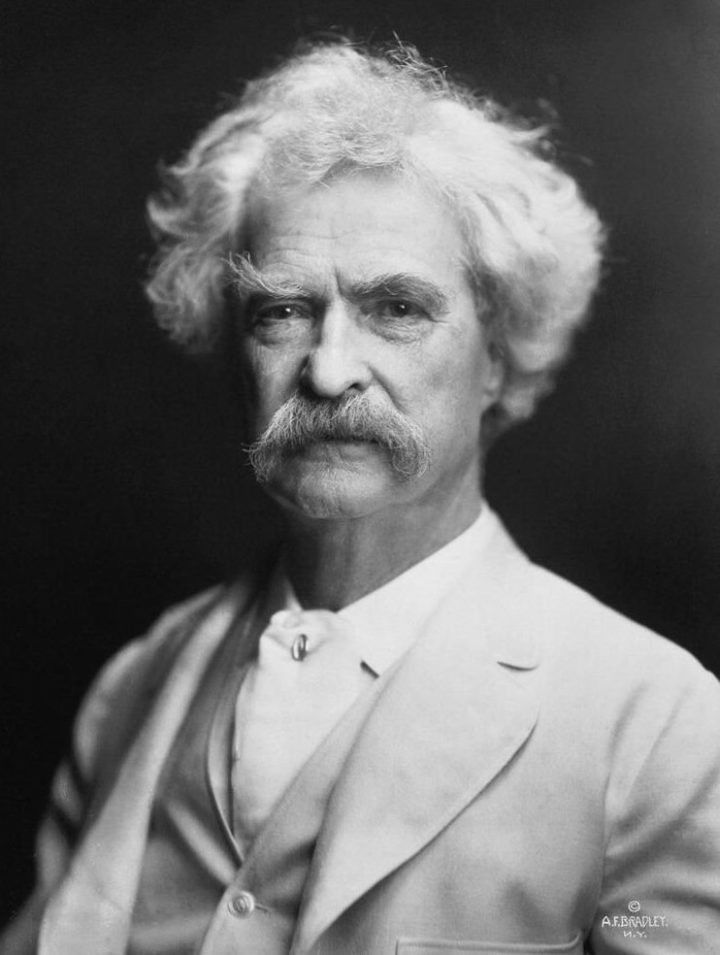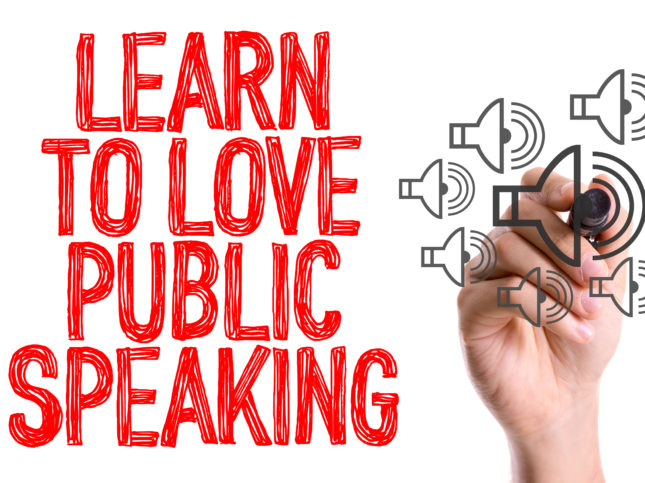Exclusive Interview: Mark Twain on Practical Eloquence
It’s rare to score an interview with Mark Twain these days, mainly because he has been dead for over 100 years. But with the help of goodreads.com, I was able to get him to open up about his views on public speaking and persuasive communication in general.
Mr. Twain, thank you for agreeing to talk to me.
I love to hear myself talk, because I get so much instruction and moral upheaval out of it.
Why have you agreed to talk now?
From the first, second, third and fourth editions (of my autobiography) all sound and sane expressions of opinion must be left out. There may be a market for that kind of wares a century from now. There is no hurry. Wait and see.
What’s your view on persuasive communication?
There is nothing in the world like a persuasive speech to fuddle the mental apparatus and upset the convictions and debauch the emotions of an audience not practiced in the tricks and delusions of oratory.
What’s the best way to convince an audience?
I know all about audiences, they believe everything you say, except when you are telling the truth.
There are people who think that honesty is always the best policy. This is a superstition; there are times when the appearance of it is worth six of it.
Facts are stubborn things, but statistics are pliable.
Most people use statistics like a drunk man uses a lamppost; more for support than for illumination.
It is my belief that nearly any invented quotation, played with confidence, stands a good chance to deceive.
Facts contain a great deal of poetry, but you can’t use too many of them without damaging your literature.
Eloquence is the essential thing in a speech, not information.
So, does that mean you think emotion is more important than logic?
It is easier to manufacture seven facts than one emotion.
You’re not really that cynical, are you?
When in doubt, tell the truth.
Use what you stand for and what you oppose as a foundation to write great content that resonates with readers and creates a ripple effect.
How important is it to be concise?
If you have nothing to say, say nothing. Never miss a good chance to shut up.
Anybody can have ideas—the difficulty is to express them without squandering a quire of paper on an idea that ought to be reduced to one glittering paragraph.
Let’s talk for a bit about how to be clear.
Plain question and plain answer make the shortest road out of most perplexities.
And to those who insist on using big pretentious words?
I never write metropolis for seven cents because I can get the same price for city. I never write policeman because I can get the same money for cop.
She never used large words, but she had a natural gift for making small ones do effective work.
The difference between the right word and the almost right word is the difference between the lightening and the lightening bug.
What’s the best way to tell a story?
I do not claim that I can tell a story as it ought to be told. I only claim to know how a story ought to be told.
Begin at the beginning, go on until the end, then stop.
Do you think people should write out their speeches?
Written things are not for speech; their form is literary; they are stiff, inflexible, and will not lend themselves to happy and effective delivery with the tongue–where their purpose is to merely entertain, not instruct; they have to be limbered up, broken up, colloquialized and turned into common forms of premeditated talk–otherwise they will bore the house and not entertain it.
Let us make a special effort to stop communicating with each other, so we can have some conversation.
So you think impromptu speaking is better?
The best and most telling speech is not the actual impromptu one, but the counterfeit of it … that speech is most worth listening to which has been carefully prepared in private and tried on a plaster cast, or an empty chair, or any other appreciative object that will keep quiet, until the speaker has got his matter and his delivery limbered up so that they will seem impromptu to an audience.
As a humorist, what advice would you give speakers about using humor in a presentation?
Humor must not professedly teach and it must not professedly preach, but it must do both if it would live forever.
One can be both entertained and educated and not know the difference.
Do you ever get nervous before a speech?
There are two kinds of speakers. Those who are nervous and those who are liars.
To succeed in life, you need two things; ignorance and confidence.
Finally, what is your take on motivational speakers?
To be good is noble. To tell other people how to be good is even nobler and much less trouble.
I’m not sure I agree with all your views.
Never argue with stupid people. They will drag you down to their level and beat you with experience.




